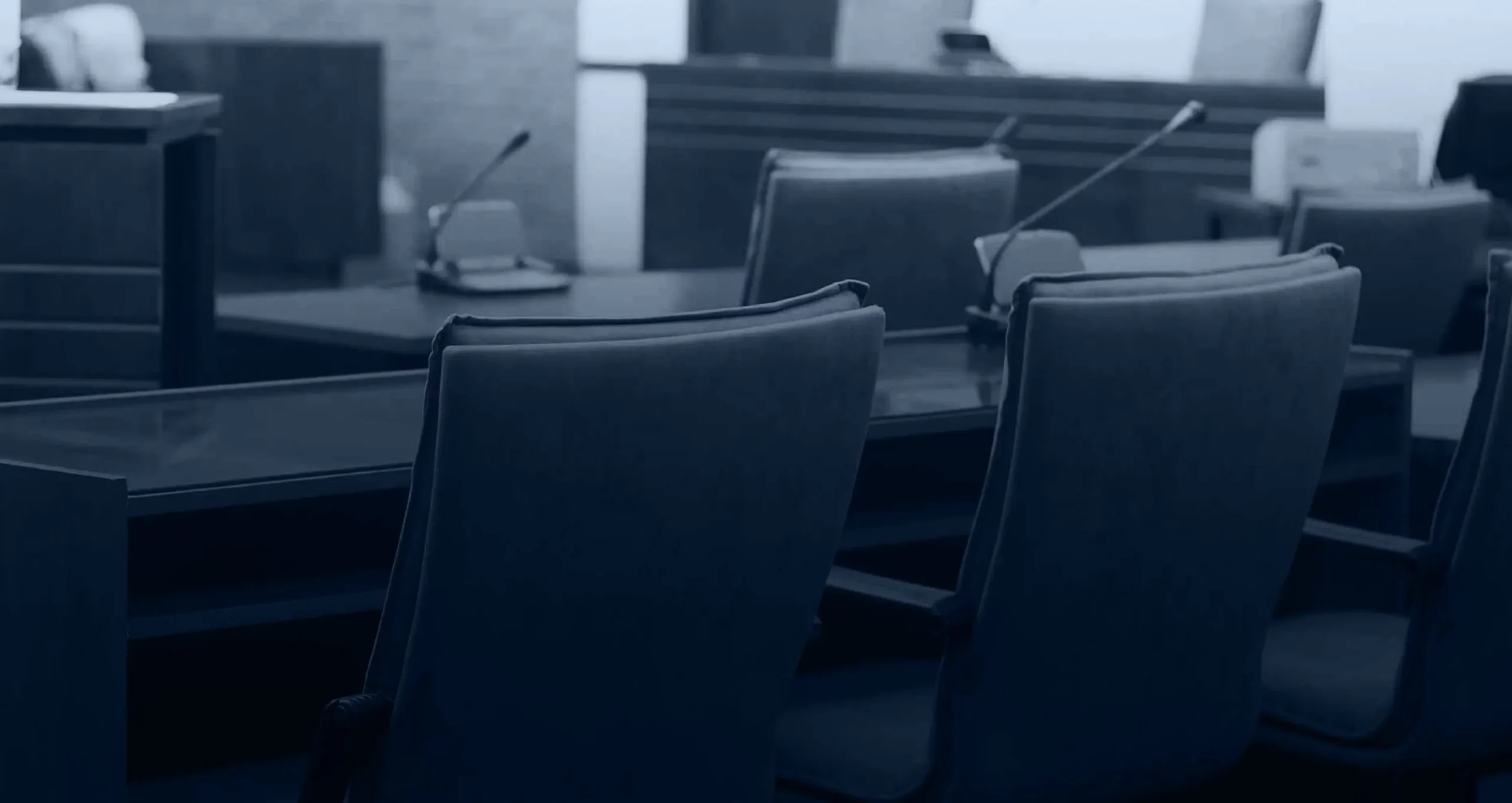
When another party causes your injury because of intentional torts, negligence, or other wrongdoing, Illinois personal injury laws allow you to seek compensation. The first step in recovering damages is to file a personal injury claim. However, a claim is not a lawsuit.
Some personal injury claims settle quickly. However, it could take a year or longer to obtain a settlement, depending on the facts of your case. If the insurance company and other parties refuse to negotiate a fair settlement amount, filing a personal injury lawsuit might be the only option to pursue damages.
The timeline for a personal injury lawsuit depends on the facts and circumstances unique to your claim. Many factors impact how long a personal injury lawsuit takes to settle in Illinois. Factors that impact the timeline for settlement include:
The Duration of Your Recovery Period

One of the most significant factors impacting how long a personal injury claim takes to settle is the severity of your injuries. The longer it takes you to reach maximum medical recovery (MMI), the longer it takes to settle your case. If you settle your claim before reaching MMI, you may not receive compensation for all damages.
Maximum medical recovery is when your doctor states you have recovered as much as they expect you to recover. In other words, further medical treatment is not expected to improve your condition.
You might reach MMI and make a full recovery. However, you may reach MMI and have an impairment or disability. It is vital that you understand the full extent of your injuries to value your damages correctly.
Examples of disabling conditions include:
- Severe burns
- Paralysis
- Loss of bodily functions
- PTSD and other psychological conditions
- Amputations and loss of limbs
- Traumatic brain injury
- Back injuries
- Cognitive impairments
If you have an impairment, you may require personal care or ongoing medical care. Your quality of life might decrease, and you may be unable to work. If so, you could receive compensation for future damages in addition to your past and current damages.
The Time Necessary to Investigate Your Claim
Victims have the burden of proving the legal elements of their claim to recover compensation for damages. Therefore, you must have sufficient evidence to prove negligence, intentional torts, strict liability, or another cause of action.
Your Chicago personal injury attorney investigates your claim to gather evidence. Some personal injury cases are more complicated and take longer to investigate. Your attorney may need to hire expert witnesses to assist with the investigation.
Also, your attorney must document all damages to calculate how much your personal injury case is worth, which could take time. Damages in a personal injury case include economic damages, such as nursing care, medical bills, property damage, out-of-pocket expenses, and lost wages. You also recover non-economic damages, which include your pain and suffering, diminished quality of life, and emotional distress.
Calculating damages can be complicated, especially if you sustain life-altering impairments. Your attorney may also work with financial professionals and medical providers to obtain accurate values for some damages.
The Type of Personal Injury Claim
The type of personal injury case could impact the timeline for settlement. Some personal injury cases involve complex areas of law, such as medical malpractice and product liability. It could take much longer to investigate these claims.
You may need to retain multiple expert witnesses to provide expert opinions supporting your claim. It takes time for experts to analyze the evidence and provide an opinion and supporting documentation.
Cases involving multiple parties can also take longer to settle. Several parties could share liability. Sorting out liability may take time, especially when the parties blame each other for causing your injury.
The Length of Settlement Negotiations
Most personal injury cases are resolved through settlement negotiations with insurance companies and the at-fault parties. However, settlement negotiations can go on for several months.
Typically, negotiations begin with a settlement demand letter. When you reach MMI, and your attorney has evidence proving liability and damages, the attorney prepares a settlement demand letter.
The demand letter explains the facts of the case and includes information such as:
- Identification of parties involved in the claim
- Summary of the facts and evidence in the case
- Discussion of the relevant laws and statutes that apply in your case
- Analysis of how the laws hold the other parties liable for damages
- Explanation of your injuries and losses
- Demand for payment of damages in a specific amount
The insurance company may accept the settlement offer and pay the amount you demand. It is more likely that you will receive a counteroffer from the insurance company for a lower amount. Your attorney and the insurance company may argue back and forth for weeks or months as they make their case for settlement.
If the insurance company or other parties refuse to pay a fair amount to settle the claim or they act in bad faith, the only option you might have is to file a personal injury lawsuit.
Generally, filing a personal injury lawsuit increases the costs of the case, and there is no guarantee that you will win. Juries can be unpredictable. Therefore, weigh your options with your personal injury lawyer to determine whether a settlement or going to trial is best given the facts of your case.
Filing a Chicago Personal Injury Lawsuit
A personal injury lawsuit could take more than a year to go to trial.
Steps in a personal injury lawsuit include:
- Filing a complaint with the civil court
- Serve a copy of the complaint and the summons on all defendants
- Waiting for the defendants to file responsive pleadings
- Engaging in discovery to gather additional evidence and information (i.e., depositions, interrogatories, requests to produce, etc.)
- Mediation and/or settlement negotiations
- Pre-trial motions
- Selecting a jury and arguing the case at trial
- Jury verdict
- Possible appeal
Your case might not go to trial even if you file a personal injury lawsuit. After the parties complete discovery, they better understand each other’s evidence. Therefore, the parties may be more willing to compromise to reach a settlement instead of going to trial.
Contact a Chicago Personal Injury Lawyer to Learn More About the Timeline for Your Case
Our Chicago personal injury lawyers at Zayed Law Offices Personal Injury Attorneys work to resolve your case as quickly as possible to put money in your pocket. However, we put the time and effort into your case to maximize your recovery. Contact us today to meet with an attorney to obtain a free case evaluation at (312) 726-1616.





